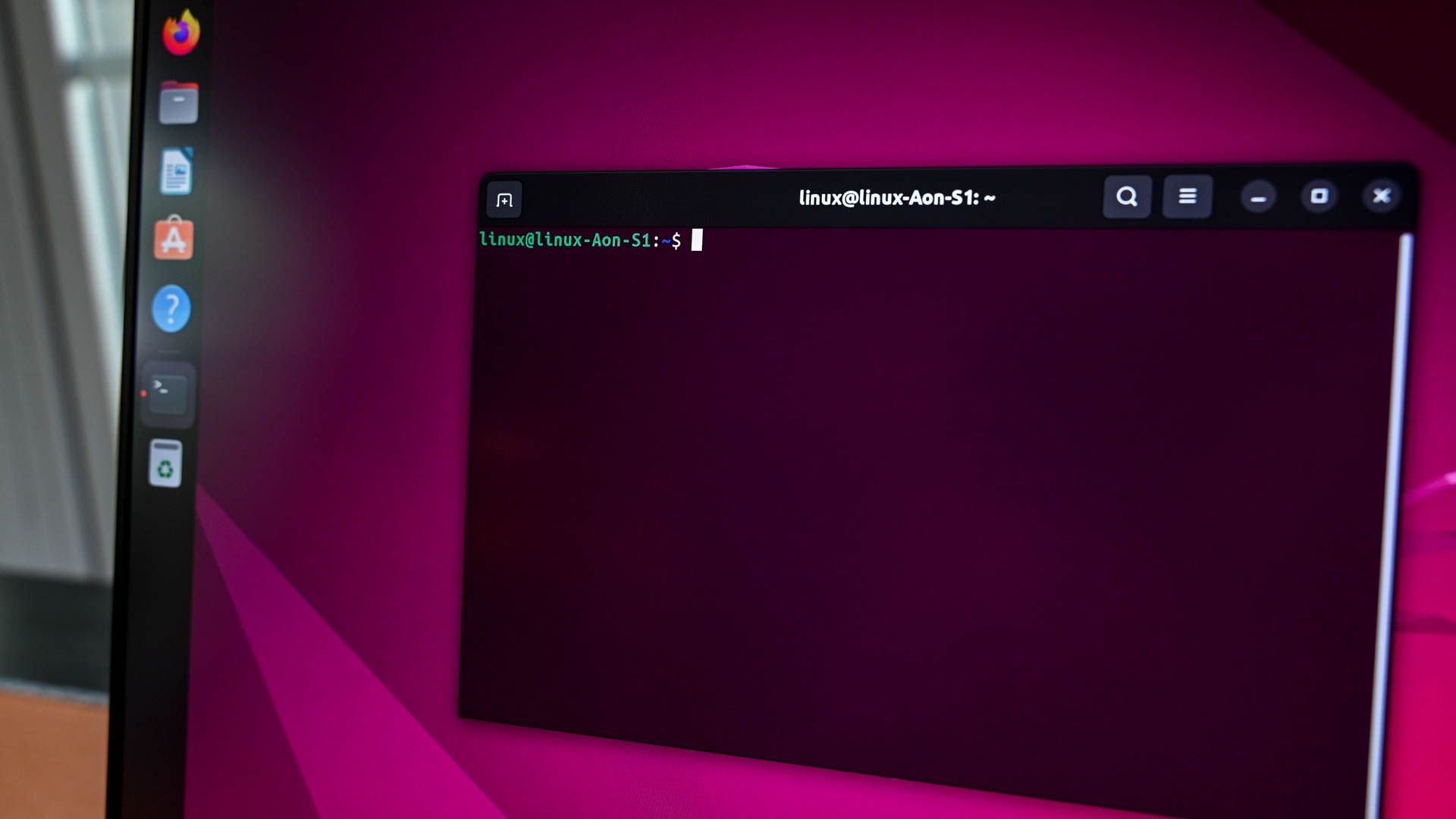What Tech Skills Will Be In-Demand in the Next 5 Years?
Picture this: you’re scrolling through job postings, and every other listing mentions “AI experience preferred” or “cloud expertise required.” Sound familiar? If you’re feeling like the tech world is spinning faster than you can keep up, you’re not alone. The World Economic Forum recently dropped a bombshell – 50% of all employees will need reskilling by 2025, and we’re already there.
But here’s the thing – this isn’t just about doom and gloom. It’s actually an incredible opportunity. While technology evolves at breakneck speed, the professionals who stay ahead of the curve are the ones landing the most exciting (and well-paid) roles. So what skills should you be focusing on to future-proof your career?
The AI Revolution Isn’t Coming – It’s Here
Let’s start with the elephant in the room: artificial intelligence. AI and big data, networks and cybersecurity and technological literacy are the top 3 fastest-growing skills according to recent industry reports. But before you panic thinking you need a PhD in machine learning, take a breath.
What you actually need to know:
- How to work alongside AI tools (prompt engineering is surprisingly valuable)
- Basic understanding of machine learning concepts
- Experience with AI platforms like OpenAI, Anthropic, or Google AI
- The ability to identify where AI can solve business problems
I know a marketing manager who learned to use AI for content creation and data analysis – she didn’t become a data scientist, but she became the go-to person for AI implementation in her company. That’s the kind of practical AI literacy that’s opening doors right now.
Data Science: The New Superpower
Remember when “data is the new oil” was just a catchy phrase? Well, it’s become reality. Between 2023 and 2033, the U.S. Bureau of Labor Statistics predicts that the employment of data scientists will increase by a whopping 36%.
But here’s what’s interesting – you don’t need to be a statistics wizard to capitalize on this trend. Companies are desperate for people who can bridge the gap between technical data analysis and business decision-making. Skills like data visualization, basic analytics, and most importantly, the ability to tell compelling stories with data are incredibly valuable.
Cloud Computing: The Infrastructure Everyone Needs
If your company hasn’t moved to the cloud yet, they’re probably planning to. Cloud computing skills are no longer nice-to-have – they’re essential. The big three (AWS, Microsoft Azure, and Google Cloud) are constantly expanding, and businesses need people who can navigate this landscape.
Start with the basics: understand how cloud storage works, learn about cloud security, and get familiar with at least one major platform. Even if you’re not in IT, understanding cloud concepts will make you more valuable in virtually any role.
Cybersecurity: The Digital Bodyguards
With everything moving online, cybersecurity professionals are more crucial than ever. But this isn’t just about hardcore technical roles – every company needs people who understand security best practices, can spot potential threats, and can help build a security-conscious culture.
The shortage of cybersecurity professionals means there are opportunities at every level, from entry-level security analyst roles to specialized positions in areas like cloud security or AI security (yes, that’s a thing now).
The Human Skills That Robots Can’t Replace
Here’s what might surprise you: the fastest growing skills between 2025 and 2030 will be creativity, advanced IT and programming skills, scientific research and development, advanced communication, and negotiation skills. Notice how creativity and communication made that list?
As AI takes over routine tasks, the uniquely human skills become more valuable. Companies need people who can think creatively, communicate complex ideas clearly, and work well with both humans and AI systems.
Low-Code/No-Code: Democracy in Development
Not everyone needs to become a programmer, but everyone can benefit from understanding how to build things digitally. Low Code No Code Programming is identified as one of the high-demand skills for the future, and for good reason.
Platforms like Webflow, Bubble, or Zapier let you create sophisticated applications without traditional coding. This is perfect for entrepreneurs, business analysts, or anyone who wants to bring their ideas to life without spending years learning programming languages.
The Wild Cards: AR/VR and Blockchain
Augmented and Virtual Reality and Blockchain Technology are still emerging, but they’re worth watching. While they might not be mainstream yet, getting familiar with these technologies now could pay off big when they hit their stride.
Your Action Plan: Where to Start
Feeling overwhelmed? Don’t be. You don’t need to master everything at once. Here’s how to approach this strategically:
Pick your lane: Choose one or two areas that align with your current role and interests. If you’re in marketing, maybe focus on AI tools and data visualization. If you’re in operations, cloud computing and automation might be your sweet spot.
Start small: You don’t need to quit your job to learn these skills. Dedicate 30 minutes a day to online courses, tutorials, or hands-on practice. Platforms like Coursera, edX, or even YouTube have excellent resources.
Practice in real life: Find ways to apply what you’re learning in your current role. Volunteer to help with data analysis projects, suggest AI tools for routine tasks, or offer to help with the company’s cloud migration.
Stay curious: The tech landscape changes fast, but the meta-skill of learning how to learn will serve you well no matter what comes next.
The Bottom Line
The next five years will be wild for tech careers. But instead of being scared of change, embrace it. Analytical thinking remains the top core skill sought by employers, with seven out of 10 companies considering it as essential – and that’s something you can develop regardless of your technical background.
The professionals who thrive won’t necessarily be the ones with the most technical knowledge – they’ll be the ones who can adapt, learn quickly, and bridge the gap between technology and human needs. That could be you.
So what’s your next move? Pick one skill from this list and start learning it this week. Your future self will thank you.
What tech skill are you most excited (or nervous) about learning? The comment section is open – let’s figure this out together.

With over 6 years of experience in the blogging world, I specialize in crafting engaging, informative, and SEO-optimized content across various niches including tech, digital trends, and online monetization. I thrive on staying ahead of industry trends, experimenting with new content strategies, and helping others grow their digital presence.



